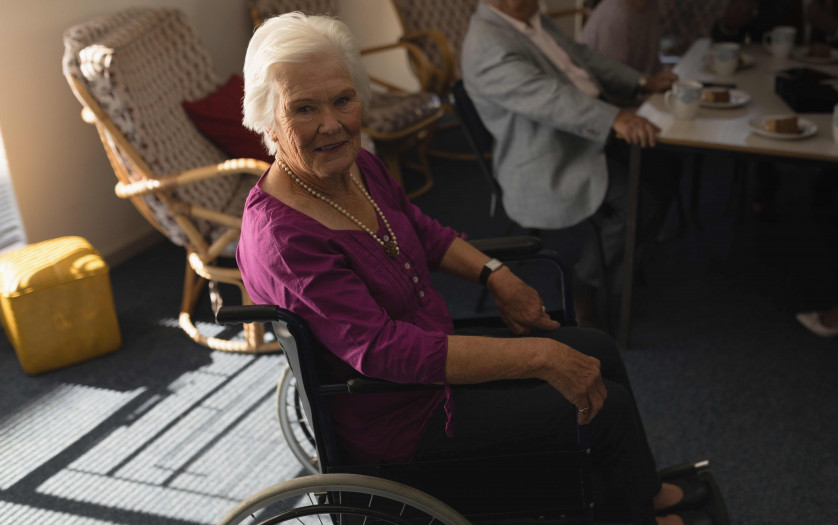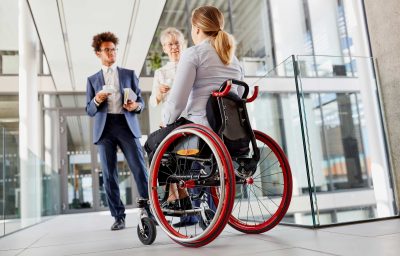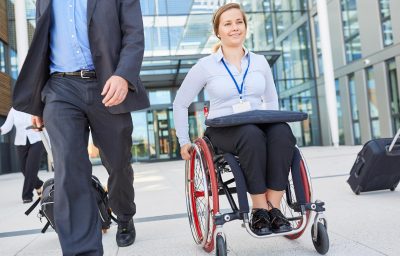
In the first quarter of 2019, 14.3% of the population of the Russian Federation, or 20.9 million people, had incomes below the subsistence minimum, according to the press service of the Federal State Statistics Service (Rosstat). Pensioners and persons with disabilities are among the people who have worst financial difficulties.
The ministry believes that this is due to the optimisation of methods for calculating incomes of the population, and the growth of the subsistence minimum.
Rosstat explained that the subsistence minimum increased by 7.2% (from 10,038 rubles (157 USD) in the first quarter of 2018 to 10,753 (168 USD) rubles in the first quarter of 2019), and the consumer price index increased by 5.2%. According to Rosstat specialists, with the increase in the subsistence minimum in proportion to the inflation rate, the share of the population with incomes below the subsistence minimum would remain unchanged.
Earlier Rosstat presented the report “Incomes, expenditures, and household consumption”. The study covered 48 thousand Russian families. According to this report, 48.2% of Russian families only have enough money for food and clothing, they can no longer buy durable goods — furniture, household appliances, and smartphones. Almost 15% of Russian families have enough money only for food, and buying clothes and paying for utility bills is already a problem.
In order to be able to buy the most necessary products and “make ends meet”, the monthly income of a Russian family must be at least 58.5 thousand rubles (approx 980 USD).








